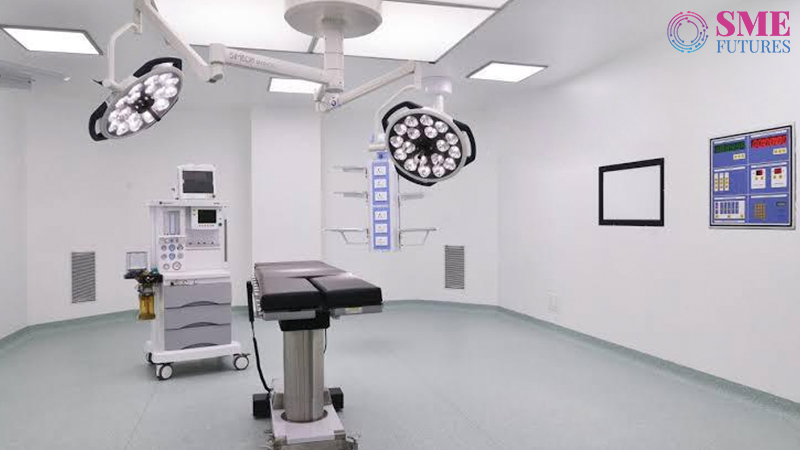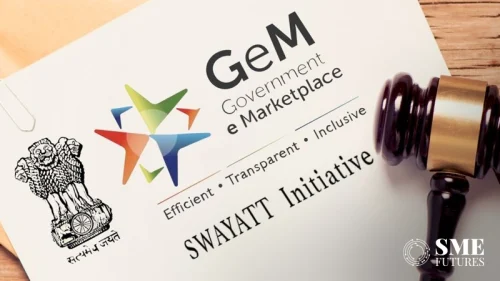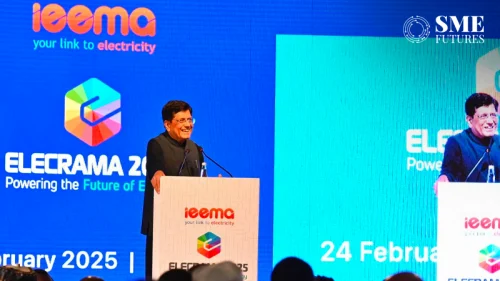Cancer is spreading in India at an alarming rate. An estimate by National Institute of Cancer Prevention and Research (NICPR) states that India is a home to 2.25 million cancer patients. Though India is a healthcare destination for patients across the world and possesses excellent tertiary care centers with expert oncologists, but the condition is dire in rural regions.
A large chunk of Indian population lives in rural areas but 95 per cent of cancer care facilities are located in urban India. An ICICI Securities report points out that India has only 200-250 comprehensive cancer care centres. This infers that for every six million people there is just one centre. On top of that, these centres are situated in cities. This compels patients to travel there for a complete cancer treatment. This can be daunting both for them and their families.
Furthermore, this life threatening disease comes with lot of emotional and financial stress which affects the mental health of a person adversely. This motivated and brought together the trio, Ajay Balai, Dr. Sachin Chopda, and Niraj Bora to bring a paradigm change in the cancer health care space with the inception of Universal Cancer Conquest in 2015.
Advent of the journey
Universal Cancer Conquest came as an aftermath of one of the founder’s close experience with cancer. When a family member of Ajay Balai, CEO of UCC was diagnosed with cancer, he faced a number of challenges in the whole process of treatment, tests, and diagnosis. Despite residing in a top tier city, going from one centre to another and scattered services of treatments was quite a challenge for Balai.
Elaborating on his bitter experience, Balai recalls, “While going through this experience, I realised how harrowing coming for treatment to a new location must be for someone from a non-urban location. Geographically concentrated hospitals compel patients from small towns to travel long distances for diagnosis, treatment, and then ensuing follow ups.”
Witnessing these struggles, Balai decided to work on a single-roof solution to make quality cancer care services accessible for all. He then gave up his steady job abroad and founded UCC along with Niraj Bora. The startup was incubated under Pushpam Group in Pune, where they found their third partner Dr. Sachin Chopda.
The healthcare startup has transformed in all these years, but the trio had experienced its fair share of challenges while making lives of cancer patients easier. Talking to SME Futures Niraj Bora, Director and one of the Co-Founder talks about the initial challenges they had to face in their journey.
At the advent of UCC, the initial challenge was to onboard good hospitals. Bora tells, “Since a startup does not have enough credibility, it was difficult to get them onboard. However, we have gained trust of hospitals and key stakeholders in the market over few years. On the way, we have partnered with number of good hospitals and we continue to add more.”
Other obstacle was from the side of patients and families. Bora recollects, “Patients were initially apprehensive of the video consultation which is a new development in oncology. Due to a high fatality rates in cancer, patients and their families are very selective and particular about whom they wish to go ahead with. Now since we have had long standing association with hospitals, on boarding with new partners is easier.”

How UCC helps to fight cancer?
According to the founders, UCC is designed for the hassle-free journey and recovery of cancer patients. In urban cities, the firm provides 360-degree cancer care services. Bora says, “In cities, which are main destinations for any medical treatment due to better infrastructure, we have tied up with best hospitals to provide a wide range of services. This brings together all cancer related services under one roof, which reduces labour of the patient’s families.”
In short, UCC is a holistic offering which runs Oncology departments within hospitals. It also runs an online second opinion portal for cancer care—Samiksha. Elaborating more about the range of services which they offer, Bora says, “We offer diagnostics, radiation, surgeries and other allied treatments. We specifically target geographical locations where there is low awareness about the disease, lack of healthcare infrastructure, and specialist doctors.”
Equipped with UCC’s special services such as EMR, the CCP centres in collaboration with leading NGOs in the rural areas are providing screening services and have successfully detected several asymptomatic cancer cases. Bora tells, “These centres can handle several forms of cancer treatment at the town level, thus cutting down the frequency of visits.”
In addition to that, Samiksha—a comprehensive digital avatar connects specialist oncologist panel to CCP units with video-conferencing. Patients get guidance through this service and advice from various experts. In the case of complex treatments, the CCP specialists refer patients to UCC centres in urban areas.

Rural India – A vulnerable spot for the disease
UCC aims to provide equitable cancer treatment facilities in both urban and rural regions. Bora opines, “Most of the healthcare professionals and infrastructure are concentrated in urban locations, but patients are spread across the country including rural locations. Also, someone travelling to new city face a lot of challenges for trivial things like frequent travelling, diagnostics, buying medicines which are not available at rural locations etc. UCC is bridging such gaps and making cancer care accessible.”
The firm is currently focusing on making rural facilities more strengthened by resolving predicaments at various fronts. Cancer, a life threatening disease gives rise to lot of issues in a rural backdrop. There is a lack of awareness and stigma attached to cancer. The problem starts with the lack of awareness of cancer related symptoms and stigma attached to treatment around it.
He adds further, “A majority of cancer related deaths happen due to late diagnosis. There have been cases where the patient is completely unaware about their condition until it is too late. A number of patients who have been detected with cancer in early stages have made it through the treatment.”
In rural areas, awareness about the symptoms and diagnosis are confined since not many medical professionals are specialised in oncology. Another predominant issue is of lack of access of treatment facilities. Availability of limited healthcare professionals in cancer care locally is another problem faced by rural communities in the treatment process.
For diagnosis, medicines, and ongoing treatments, many patients have to travel nearly hundred kilometers to nearby city. Bora adds, “Commuting to bigger cities, taking care of accommodation facilities, and managing finances are some of primary logistical challenges. Treatments like radiation require regular visits for several weeks. Travelling back and forth or staying in a new urban city takes a toll on the physical and mental health of the patient.”
In addition to this, patients and their families also undergo financial stress due to exorbitant costs involved in cancer treatment. As per report, almost 90 per cent of the rural population does not have health insurance. Furthermore, rural citizens deal with challenges such as lack of information about which city to go for treatment, cost incurred at various stages, medicines etc.
“After narrowing down to a hospital, their struggle begins for different diagnosis requirement, financing options, provision of medicines, food, accommodation etc. So an already strained family get more worked up in this run for getting everything sorted,” elaborates Bora.

Role of digital solutions in tackling pandemic
At the time of this unprecedented medical and humanitarian crisis, UCC already had Samiksha in place. However, UCC diversified telemedicine infrastructure during these months. The company recently has started to cater patients from abroad through Samiksha portal.
“Online consultation has picked up largely in the pandemic as patients can avoid travelling as much as possible through it. This has helped us in partly shifting to video consultation which we used to do before the pre-pandemic period too. During lockdown, patients avoided visiting hospitals and had avoided most of the non-critical treatment which saw some postponement in the cancer care segment also. This is now going back to pre-COVID levels, after the unlock phase and new vaccine hopes coming in from around the world,” informs Bora.
Over the years, UCC has gained success in their endeavor of aiding and filling a gap in cancer health care. Its unique business model which was incepted with bootstrap funding has garnered attention of various investors as well. UCC has raised a bridge round recently and now looking forward for further capital to expand the reach.
Bora informs, “The business model was pivoted and is ripe for expansion now, and we will be announcing something very soon on this.” Currently concentrated in Pune, the company is working on working within the state but aims to expand their footprints beyond the region. It has presence in ten cities of Maharashtra which includes Shirdi, Sangamer and Baramati. In Nashik, the firm has equipped health centres in more than 70 villages.
“We have few hospitals ready to sign within Pune city, and will be starting our operations soon in those locations. We are also looking to tie-up with hospitals who are establishing an oncology department. With a tie-up with us, hospitals are in a win-win situation and can improve or expand their offerings along with growing their business,” adds Bora further.
The founders with their UCC model of cancer care along with a team of experts and health care workers hope to reach out to cancer patients even at remote and inaccessible locations of India. In addition to this, they are constantly looking for people who are passionate to serve mankind and know what it takes to fight diseases such as cancer.











